A red scarf from the Chinese emperor is the most terrible and cruel “gift” for a concubine in a harem (6 photos)
The cruelty of the Ming dynasty emperors towards their concubines knew no bounds. 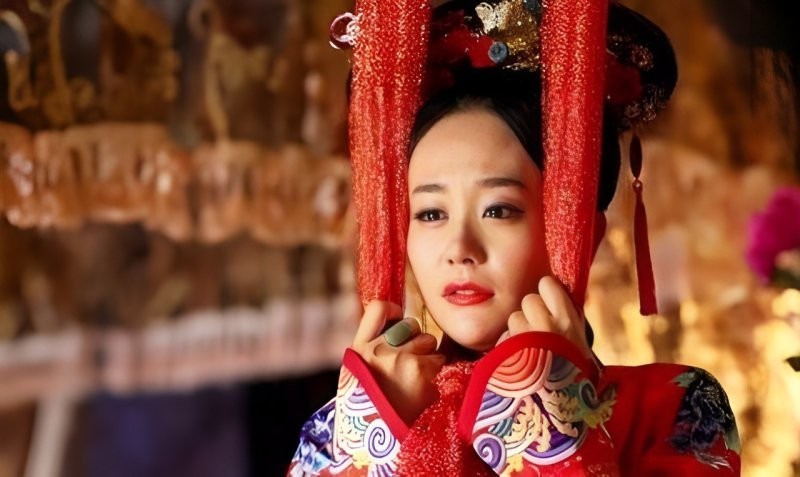
The Chinese Ming Dynasty lasted 276 years (from 1368 to 1644 AD).
During this time, the Ming Empire became a global superpower: it undertook major sea expeditions years before Christopher Columbus and began producing books even before the printing press appeared in England.
But despite the amazing achievements of the Ming Dynasty, it also had a much darker side. 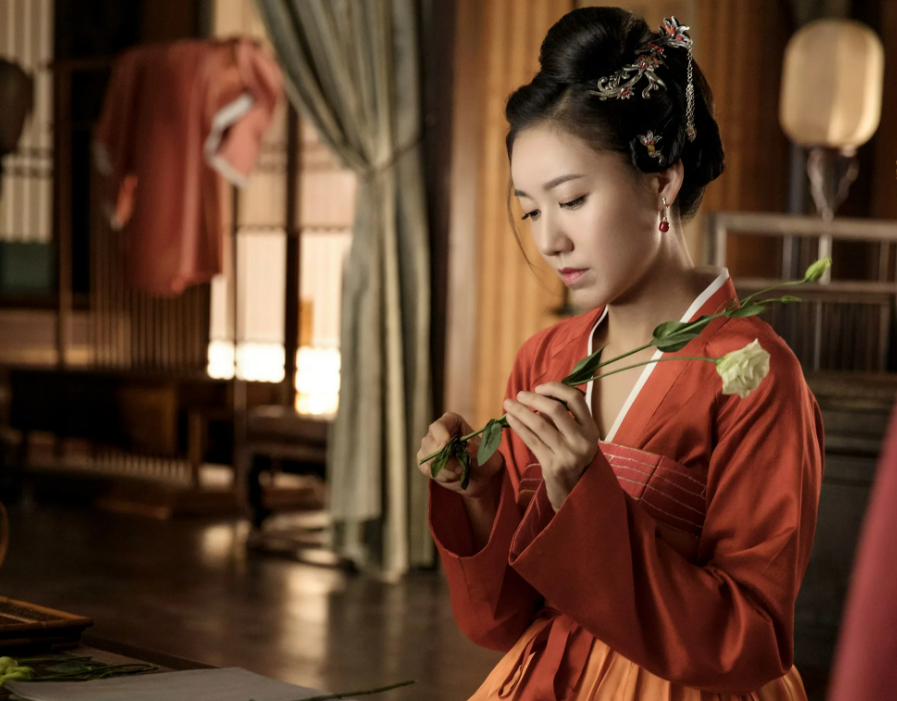
The cruelty of the Ming dynasty emperors towards their concubines knew no bounds. Some Ming dynasty emperors had more than 9,000 concubines, many of whom were kidnapped against their will (rather than taken as before) directly from their homes for service, and they were forbidden to leave the emperor's palace, except when these women were summoned to bed to the emperor.
However, the most severe law of the Ming Dynasty for concubines was the introduction of the “rule of presenting the red scarf” to the emperor after his death.
But why was receiving this scarf the most terrible moment in the life of any imperial concubine?
The terrible tradition of the Ming Dynasty 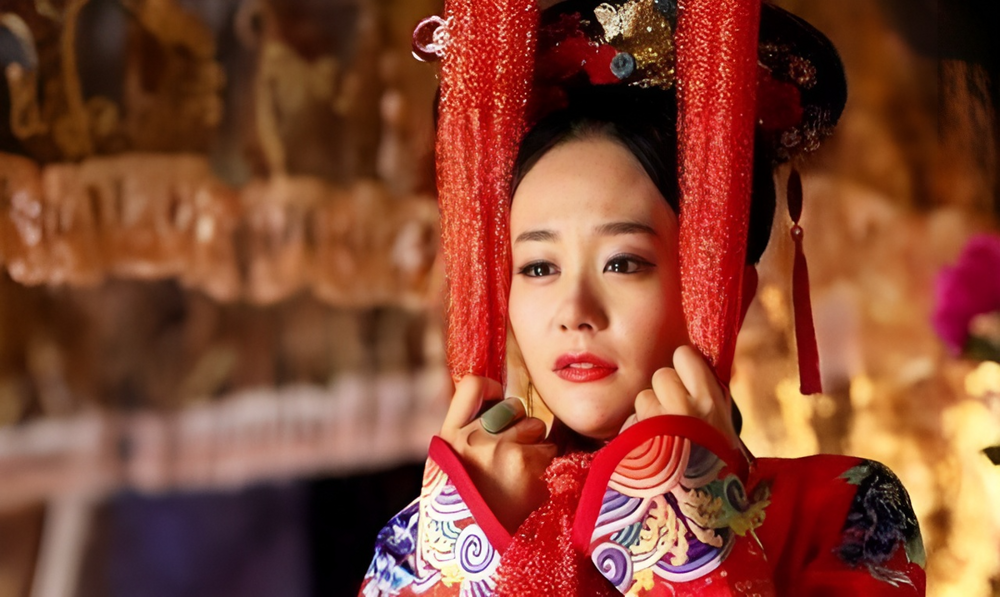
Ju Di, the third emperor of the Ming Dynasty, had several thousand concubines. After his death in the summer of 1424, thirty carefully selected concubines received a blood-red square of silk (shawl).
For women, this was the most terrible gift that could ever be received. Because it meant that now these women had acquired the noble right to continue to “serve the emperor” even after his death.
According to Ming Dynasty law, the presentation of the emperor's red scarf to carefully selected women meant that these were the concubines who were chosen to demonstrate their eternal loyalty to the emperor by following him to the grave.
One traveler in his chronicles writes how these unfortunate girls were escorted crying into a large hall, where they were forced to stand on wooden posts before being ordered to hang themselves from silk loops hanging over them. 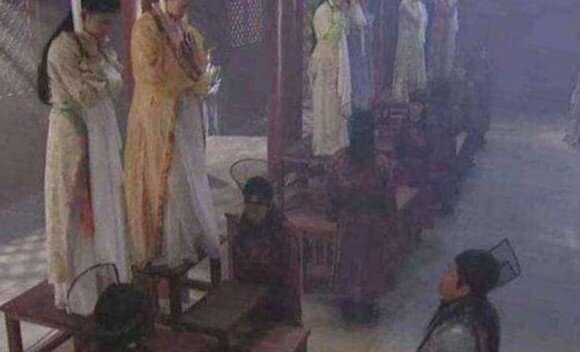
The sight of their frail bodies swaying in the cool night wind must have been a truly eerie sight. But it is a measure of the cruelty of the rulers of the Ming Dynasty that these unfortunate girls were almost lucky that this particular method of “care” was chosen for them.
The thing is that other emperors from the Ming dynasty had much more stringent requirements for their own burial. For example, some emperors demanded that after their death, only living concubines be buried next to him, that is, alive.
And this terrible tradition began, according to the Chinese scholar Mao Qiling, who lived in 1623-1716, “the first emperor of the Ming dynasty, Zhu Yuanzhang, who was buried with forty-six concubines, as well as ten simple maids from the palace.”
After this, the Ming Dynasty imperial family honored the memory of the deceased families of these concubines and maidservants, who were given thanks and awards.
Could women have avoided such an imperial “reward”? 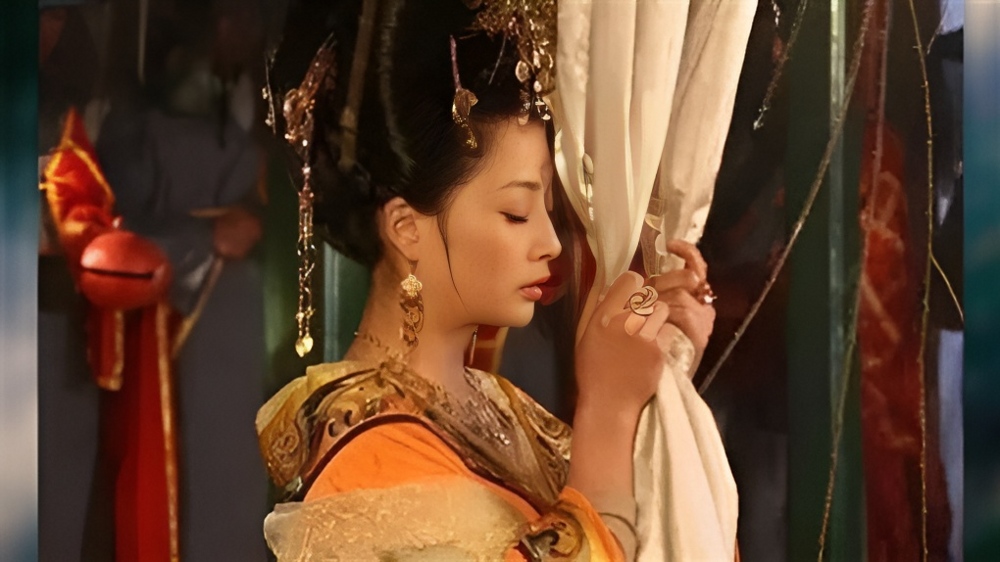
Only women who bore children to the emperor could avoid such a fate. Or those women whose family earned some honors or had prominent figures.
Usually such women were "exempt" from being given a red silk scarf. History knows at least one case where the daughter of a prominent military leader (adored by the army) was chosen for such a burial, however, his harsh reaction to this news forced the imperial family and eunuchs to cancel this rule and choose another young girl.
All other concubines, including those from poor families, had the greatest chance of following the emperor.
It is known that the sixth and eighth emperor Zhu Qizhen of the Ming dynasty (who ascended the throne twice) managed to abolish this barbaric custom. 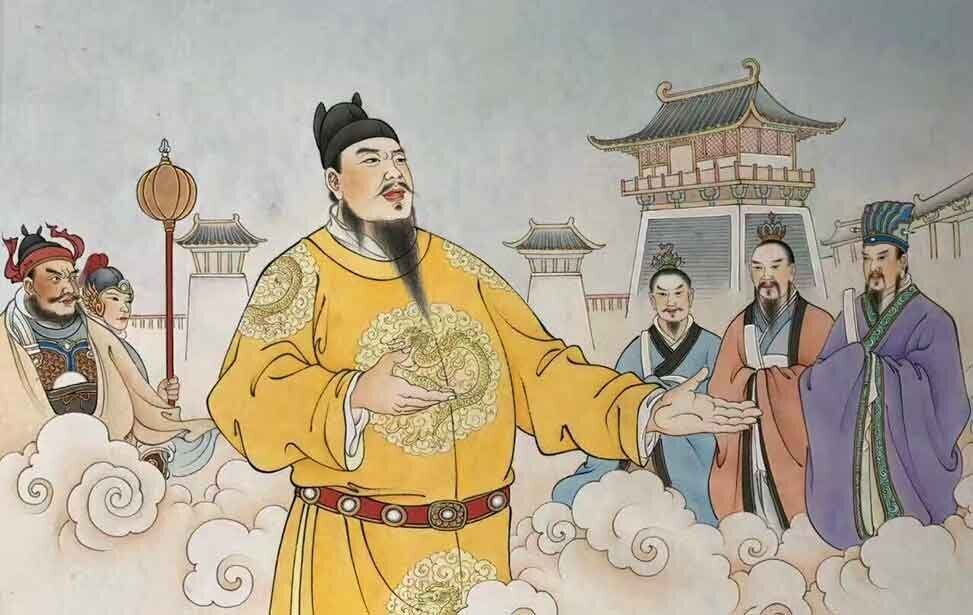
Before his death, the emperor called his eldest son and told him the words, which were recorded by the eunuchs present there: “Since the emperor of our dynasty died, many wives from the harem were buried with him. I cannot preserve this cruel tradition. And you yourself, son, must promise me thatso that nothing like this happens again in the future!”
Thus, before his death, Emperor Zhu Qizhen put an end to this cruel burial system in the Ming Dynasty. This incident also earned Zhu Qizhen a certain reputation as one of the most kind-hearted rulers.
But of course, this tradition could not be completely eradicated, and it was sometimes encountered after the Manchu conquest of China in the Qing dynasty.






















